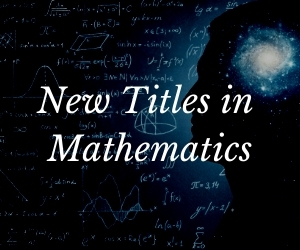System Upgrade on Tue, May 28th, 2024 at 2am (EDT)
Existing users will be able to log into the site and access content. However, E-commerce and registration of new users may not be available for up to 12 hours.For online purchase, please visit us again. Contact us at customercare@wspc.com for any enquiries.
This unique compendium represents important action of fuzzy systems to quantum mechanics. From fuzzy sets to fuzzy systems, it also gives clear descriptions on the development on fuzzy logic, where the most important result is the probability presentation of fuzzy systems.
The important conclusions on fuzzy systems are used in the study of quantum mechanics, which is a very new idea. Eight important conclusions are obtained. The author has proved that mass-point motions in classical mechanics must have waves, which means that any mass-point motion in classical mechanics has wave mass-point dualism as well as any microscopic particle motion must have wave-particle dualism. Based on this conclusion, it has been proven that classical mechanics and quantum mechanics are unified.
Sample Chapter(s)
Preface
Chapter 1: Fuzzy Sets
Contents:
- Fuzzy Sets
- Fuzzy Relations
- Fuzzy Systems
- Approximation Properties of Fuzzy Systems and Its Error Analysis
- Probability Representations of Fuzzy Systems
- Fuzzy System Representations of Stochastic Systems
- The Normal Numbers of Fuzzy Systems and Their Classes
- Unified Theory of Classic Mechanics and Quantum Mechanics
- Unification of Riemann Integral and Lebesgue Integral
- Fuzzy Systems with a Kind of Self-adaption
Readership: Professionals, academics, researchers, and graduate students in fuzzy logic, quantum mechanics and quantum information, and probability theory.





















